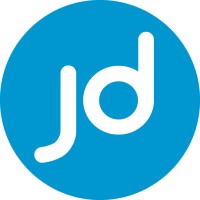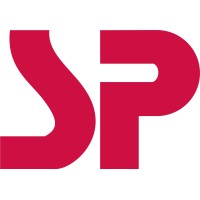
JD Cooling Group
JD Cooling Group is the leading independent supplier of temperature control systems. As specialists in cooling, industrial refrigeration, heating, electrical, automation controls, robotics, industrial doors, barriers, and specialist cleaning schedules, we provide the full in-house turnkey solution, delivering a hassle-free, wholly project managed, end-to-end service from design to full installation, testing and completed system.






